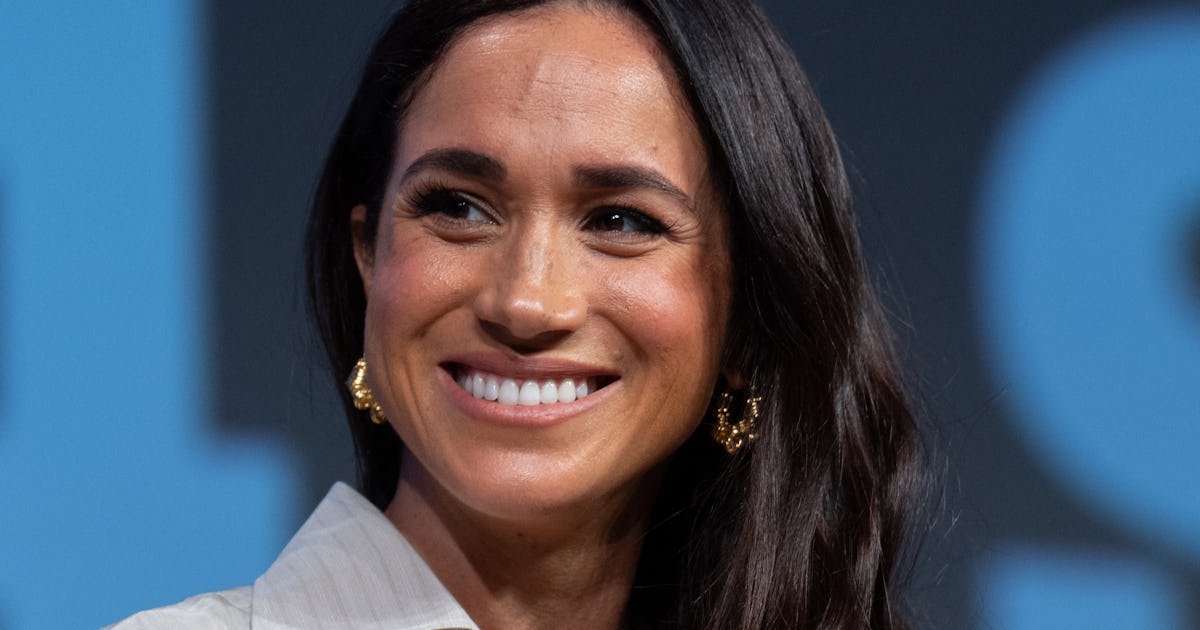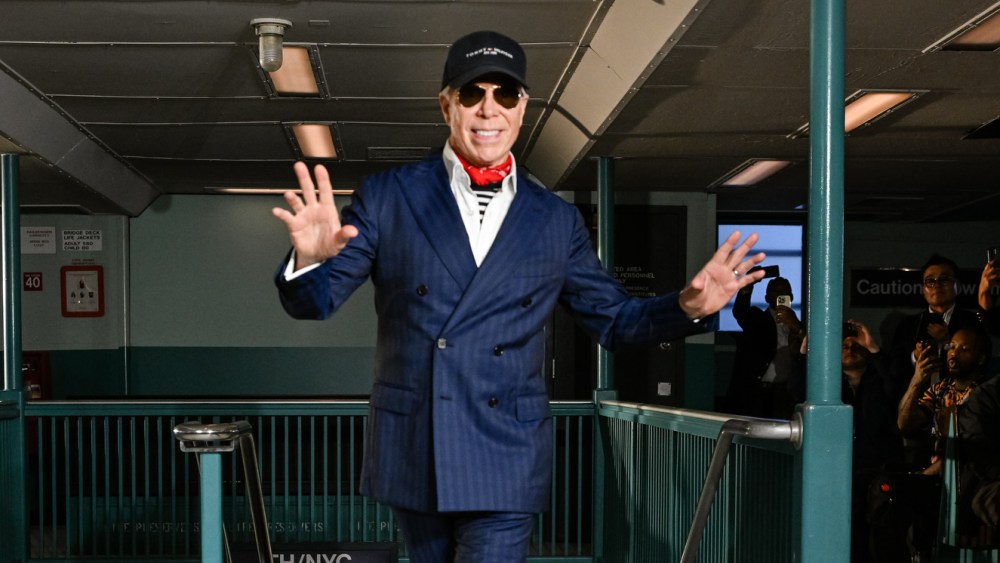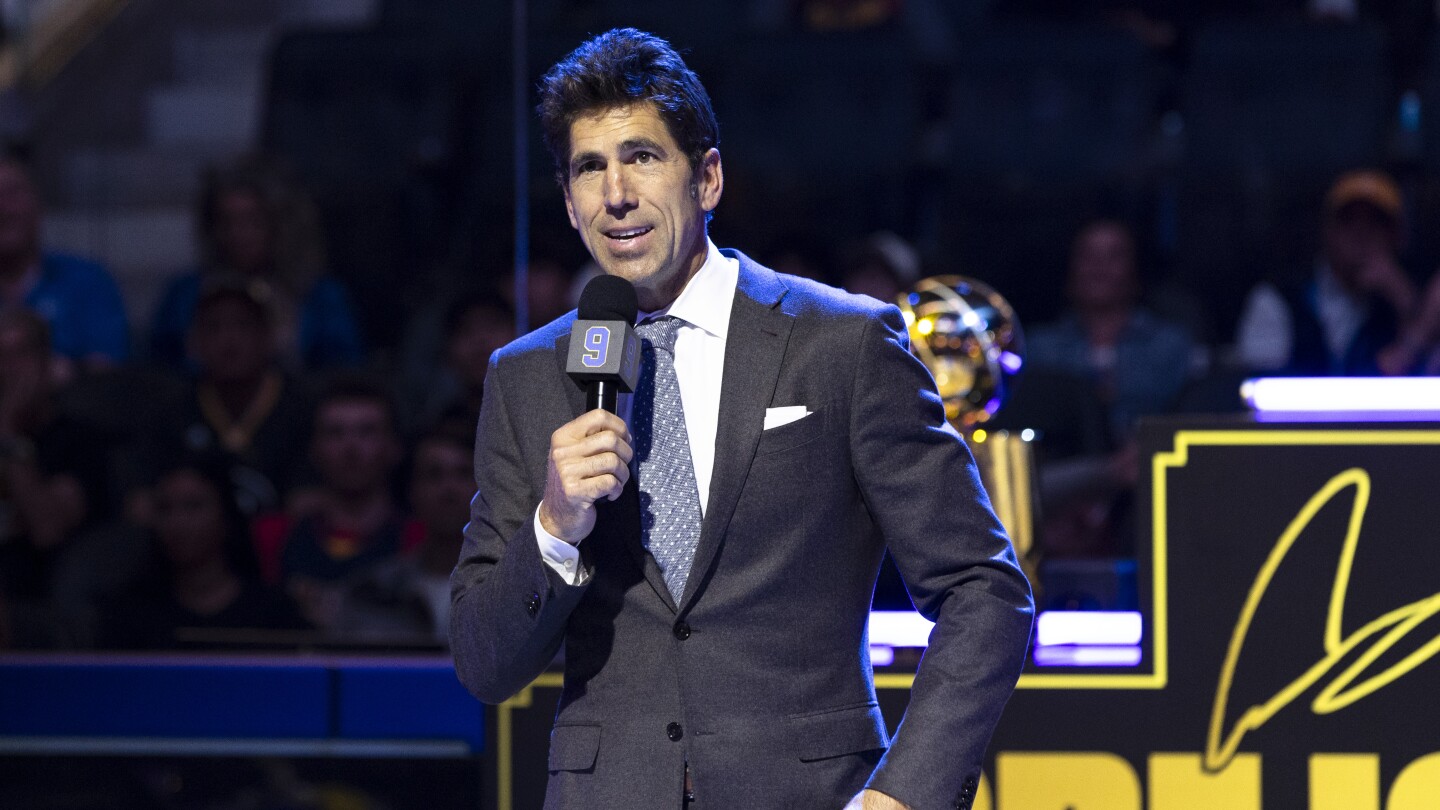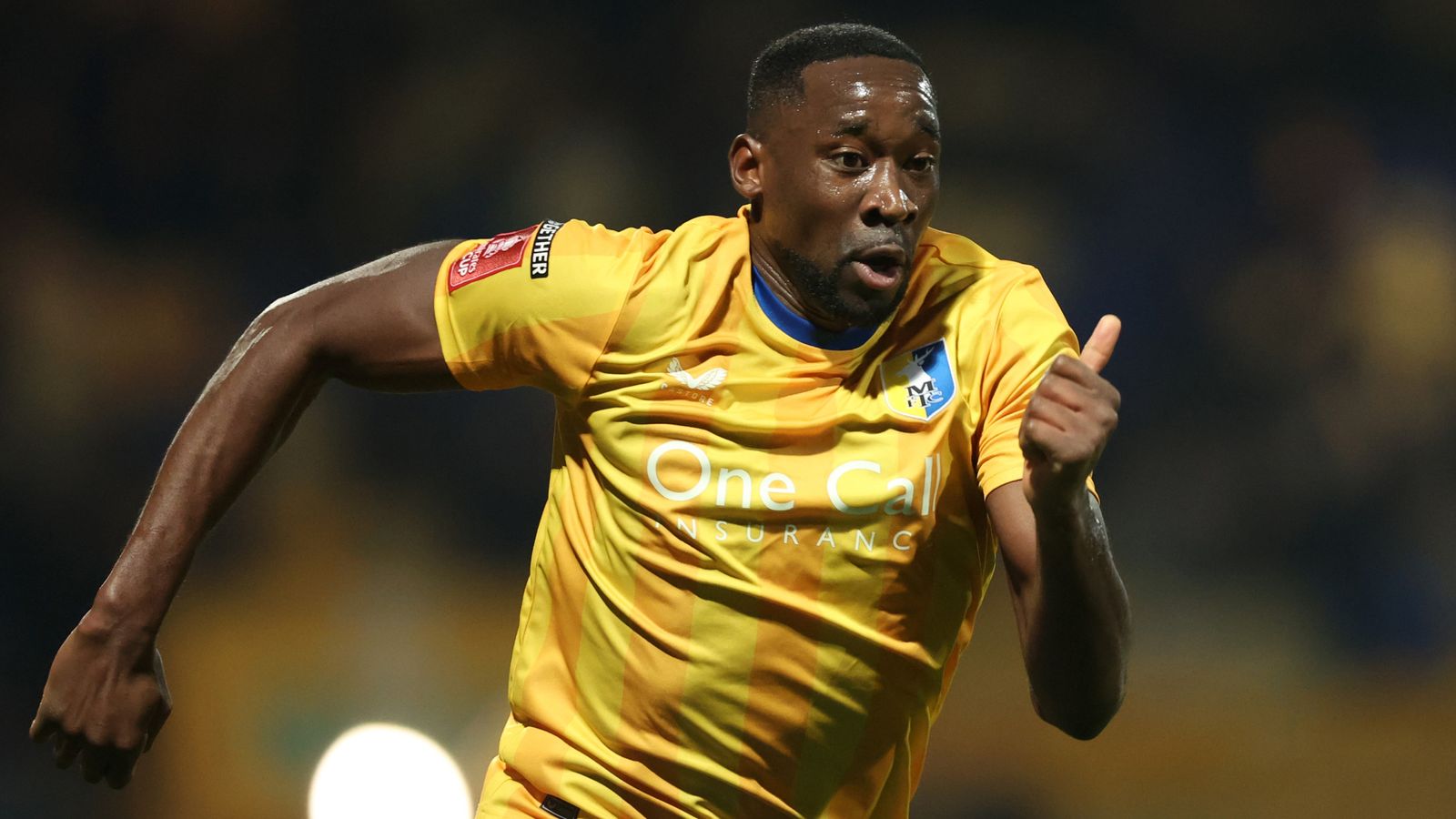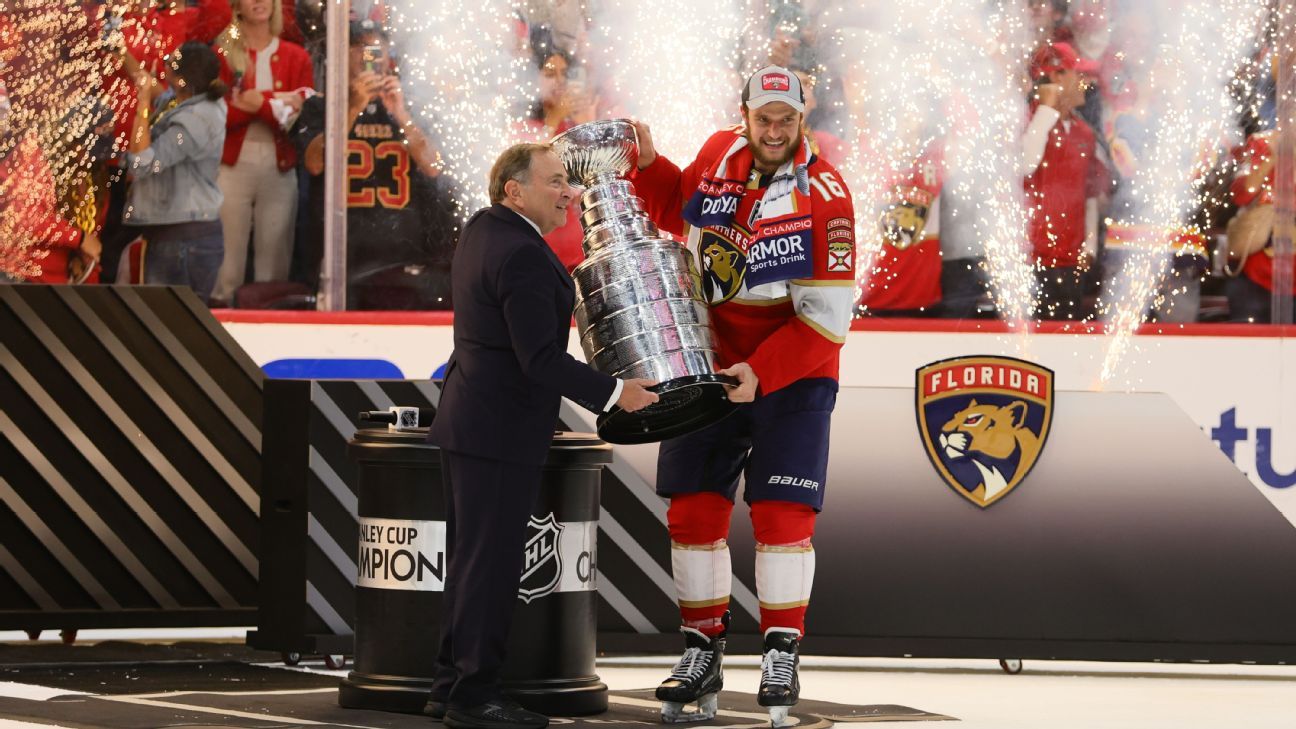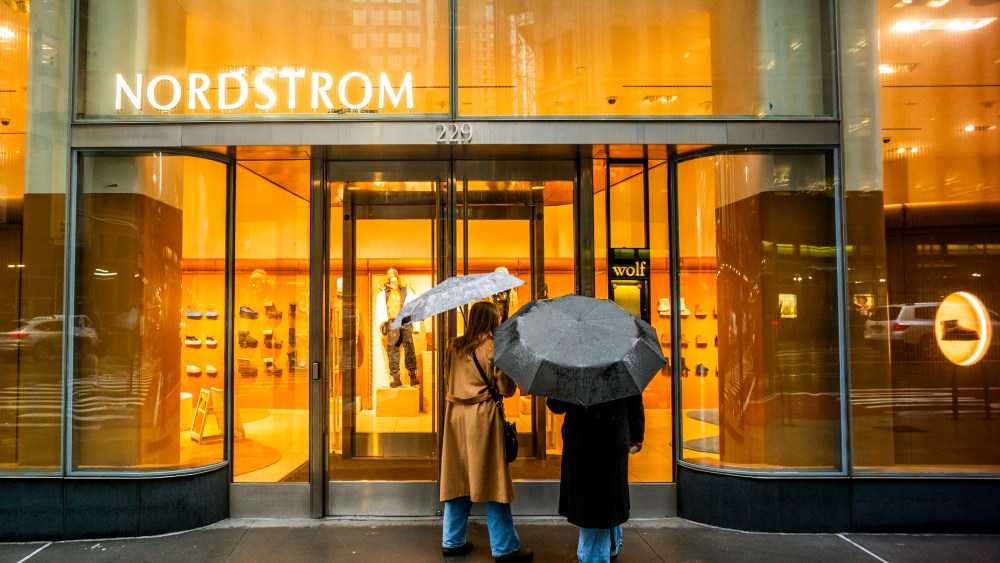
Taking Nordstrom Inc. private has been on the Nordstrom family’s wish list for years.
And now that they finally have the deal, they just have to get to the finish line next month in a tariff-addled market.
If it’s a sprint to the end, it’s been a marathon even to get here.
In 2018, descendants of John W. Nordstrom offered to buy the company he cofounded for $50 a share. A special committee of the board wanted more at the time.
But that was then.
By the time Nordstrom’s board decided to reconsider its strategic options in early 2023, much had changed.
Productivity and operating margins had declined for a decade and department stores were losing market share to “specialty, off-price and e-commerce retailers as well as direct-to-consumer sales by brands,” according to a regulatory filing by the company this month detailing its search for alternatives.
The review had to take into account that the Nordstroms owned 33 percent of the company’s stock and held two-thirds of the voting rights for any merger.
Chief executive officer Erik Nordstrom and his brother, Pete, who is president and chief brand officer, were supportive of the efforts and said that “all options should be considered, including a possible sale.”
And so starting in June 2023, the board spent a few months looking at it all, including:
- increasing returns through dividends or share repurchases;
- real estate sale-leaseback transactions;
- a spin-off of the Nordstrom Rack off-price business;
- splitting off the e-commerce business;
- approaching Mexican retailer Liverpool about increasing its stake, which already stood at 9.9 percent;
- making a tender off to buy back stock;
- taking the company private with a consortium of existing stockholders and new investors, and
- selling Nordstrom to a financial sponsor or strategic player.
Along the way, bankers at Morgan Stanley and Centerview reached 19 parties, including three strategic players that already operate in the retail space (Liverpool among them), 11 sovereign wealth funds and family offices and five financial sponsors.
As things heated up, another financial sponsor and a fourth strategic player reached out as well.
All together, seven companies entered into nondisclosure agreements between November 2023 and January, including Liverpool, one strategic and five sponsors.
And then in February, the probably inevitable happened.
“Messrs. Erik and Peter Nordstrom requested that they be given the opportunity to make a take-private proposal for the independent directors to consider, and that prior to making a proposal, they be allowed to negotiate directly with the interested parties already contacted by Nordstrom and any additional parties,” the filing said.
A special committee of the board said, sure, if our bankers can attend any meetings.
But given that condition, the Nordstroms were “reconsidering their willingness to proceed with a proposed transaction” — a power play given the family’s stake and control of the voting rights.
While that remained undecided, the process pressed forward. On March 22, one sponsor said it would buy the company at $21 to $22 a share cash and another proposed a sale-leaseback of Nordstrom’s real estate assets valued at about $2 billion.
But it wasn’t until midway through the next month that the Nordstroms got the OK to meet with potential suitors on their own.
They spoke to an unnamed strategic player — identified in the filing as “Strategic C” — that might provide financing for their buyout. The Nordstroms were also holding talks with another strategic player and a couple of sponsors.
Strategic C pulled out over antitrust concerns — this was a time when regulators were suing to stop Tapestry Inc.’s acquisition of Capri Holdings — and talks with the sponsors and the other strategic petered out.
The Nordstroms then turned to Liverpool to see if they would be the “sole equity financing source” and on Sept. 3 the two parties offered to buy the roughly 57 percent of the company they did not already collectively own for $23 a share.
The special committee counter-offered at $27 a share and the Nordstroms were up to $23.75 by the end of the month. Eventually, the price was negotiated up again to the Nordstroms’ “best and final” offer of $24.25 and the special committee was able to land a deal at that plus a 25 cent dividend to unaffiliated shareholders.
The deal was signed just at the end of the Christmas rush, on Dec. 22.
Investors seemed to regard the deal as a sure thing, trading the stock at $24.46 — just 4 cents below the sale price plus the dividend — headed in to U.S. President Donald Trump’s “Liberation Day” tariff announcement, which tanked the market and threatened recession.
Citi analyst Paul Lejuez downgraded the stock to “sell” noting: “The transaction may very well go through as planned, but given the circumstances, the probability is not 100 percent.”
Lejuez said at the time there was a 1 percent upside for investors if the deal went through, but that the stock could drop as much as 30 percent if the buyout didn’t happen.
That helped send the stock down as low as $22.62, but it has since rebounded, closing up 1.1 percent to $24.04 on Monday.
TD analyst Oliver Chen also noted that Nordstrom needs to raise $250 million in debt for the go-private transaction, which he said “could be challenging given the S&P’s downgrade of Nordstrom’s credit to ‘BB’ in December.”
Mark that as one of the final hurdles in what has been a long race for the family to buy Nordstrom.
Shareholders are due to meet on May 16 and vote on the deal, which requires the approval of a majority of the shares not held by the Nordstroms or Liverpool.
#Nordstrom #Familys #Long #Journey #Retailer #Private

